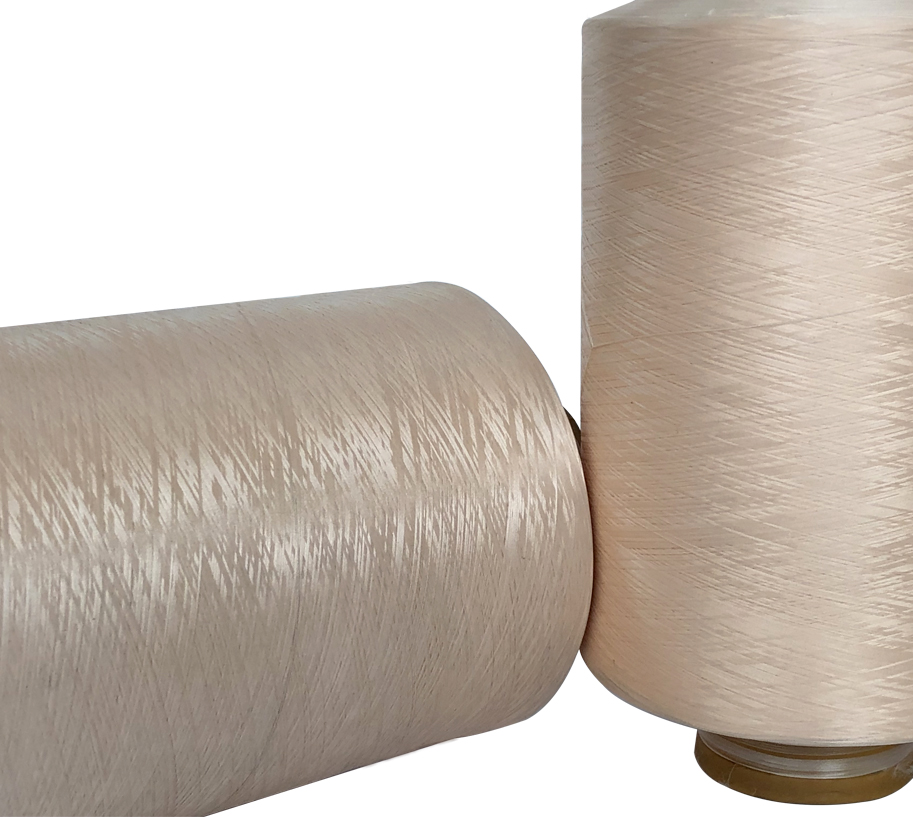Sustainable 300D/96F Polyester Color Yarns BLACK NIM Product specifications:300D...
See DetailsConventional yarn refers to yarn that is produced using traditional methods and materials. It is typically made from natural fibers such as cotton, wool, silk, or linen, although synthetic fibers like acrylic or polyester can also be used. The production of conventional yarn involves spinning the fibers together to create a continuous thread that can be used for knitting, crocheting, or weaving.
The process of making conventional yarn starts with the preparation of the fibers, which may involve cleaning, carding (aligning the fibers), and combing (removing impurities and short fibers). The fibers are then spun together using spinning wheels or Machines to create a single strand of yarn. This yarn can be further processed, such as by plying (twisting multiple strands together) to create thicker or stronger yarns.
Conventional yarn is widely used in textile industries and for various crafting purposes. It is known for its natural feel and often has desirable qualities like breathability, warmth, and absorbency, depending on the fiber used. However, conventional yarn production can have environmental impacts, particularly when it involves chemical treatments or excessive water usage. As a result, there has been a growing interest in sustainable and eco-friendly alternatives to conventional yarn production, such as recycled yarn or yarn made from organic fibers.

